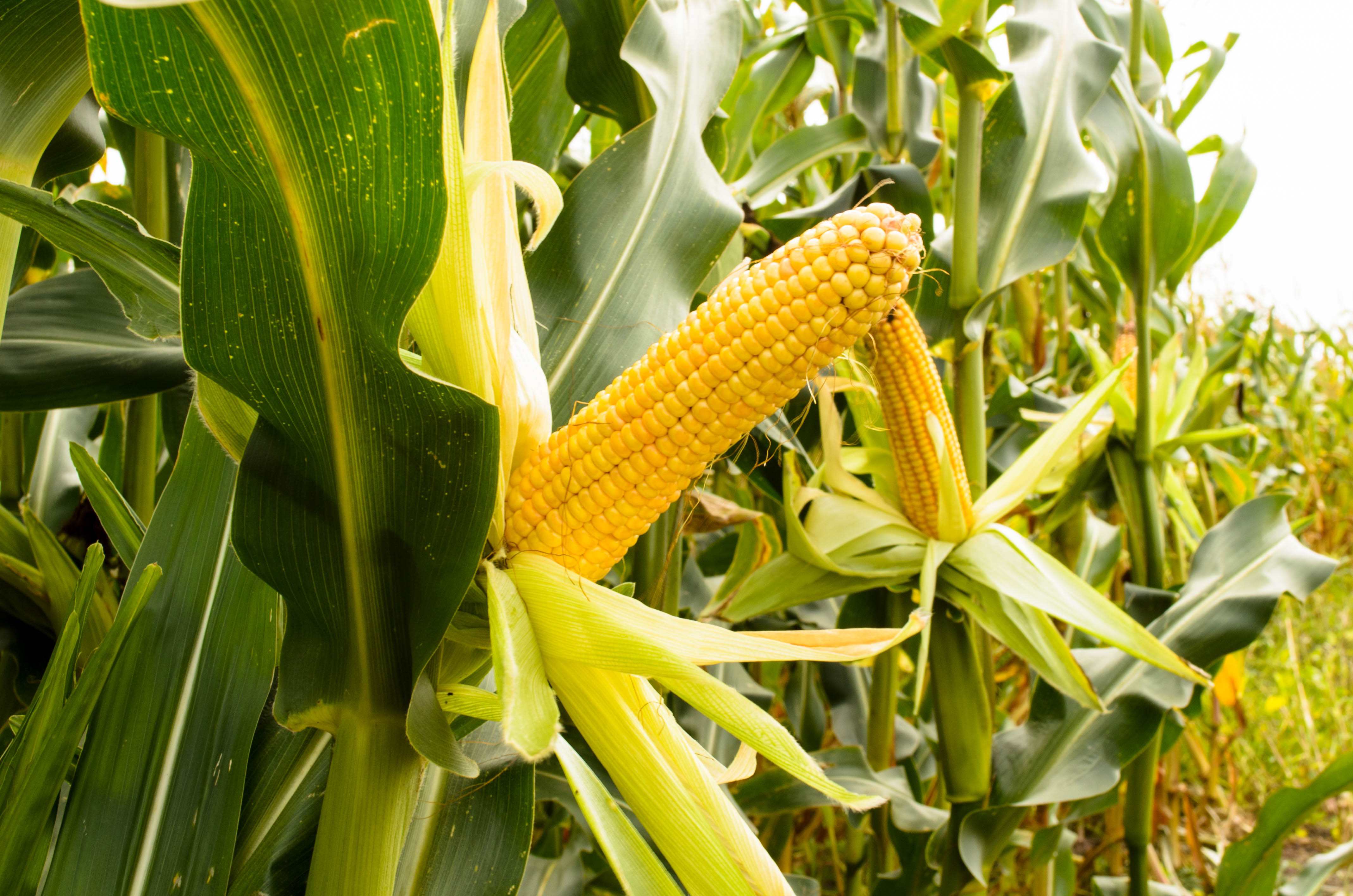Experts in the heart of Husker Nation are once again helping the world unravel the genetic secrets of corn — a crop that plays a pivotal role in global agriculture.
In the latest published work from the lab of Nebraska’s James Schnable, Vladimir Torres-Rodriguez and Guangchao Sun helped an international team identify a hidden layer of genetic control within the DNA of corn. The findings reveal how small variations in DNA can influence important traits such as drought resistance, plant height and flower time, ultimately leading to more resilient crops. The study is to be published in Nature Genetics.
“The breakthrough we’re working toward is being able to look at maize (corn) DNA and say, ‘These are the parts that determine how genes are expressed — and this is how they shape the plant in the field,’” said Schnable, the Nebraska Corn Checkoff Presidential Chair and professor of agronomy and horticulture. “We’re not quite there yet — we can’t take a gene and just dial it up or down on command. But we’re getting closer.”
Nebraska database unlocks puzzle
The study, led by researchers from the Max Planck Institute for Plant Breeding Research in Cologne, Germany, and Heinrich-Heine University in Düsseldorf, Germany, identified a series of genetic switches that determine plant traits. The switches — regions of DNA called transcription factor binding sites — act like molecular “dimmer knobs,” turning individual genes in plant genomes up or down in response to environmental and genetic cues.
Overall, the study identified more than 200,000 variations — known as binding-QTLs — that influence how corn genes are expressed.
To verify the findings, the research team turned to Schnable’s group and the world’s largest public datasets of gene expression in corn, which is available through UNL and built on generations of Husker-led research.
Torres-Rodriguez, a research assistant professor in agronomy and horticulture, primarily used a dataset developed by Schnable and Sun, now a professor of corn genetics at Sichuan Agricultural University, in an earlier study that connected genetic differences in maize to the way genes are turned on and off — a type of analysis known as expression QTL, or eQTL, mapping.
By applying that dataset to the new study’s discoveries, Torres-Rodriguez confirmed that many of the genetic variants identified by the German-led team were located near genes and within known regulatory regions — the DNA elements that serve as on-off switches for gene expression. In fact, Torres-Rodriguez found that roughly 27% of these variants were located in such regulatory zones, far more than would be expected by chance.
Source - https://www.wyomingnewsnow.tv













